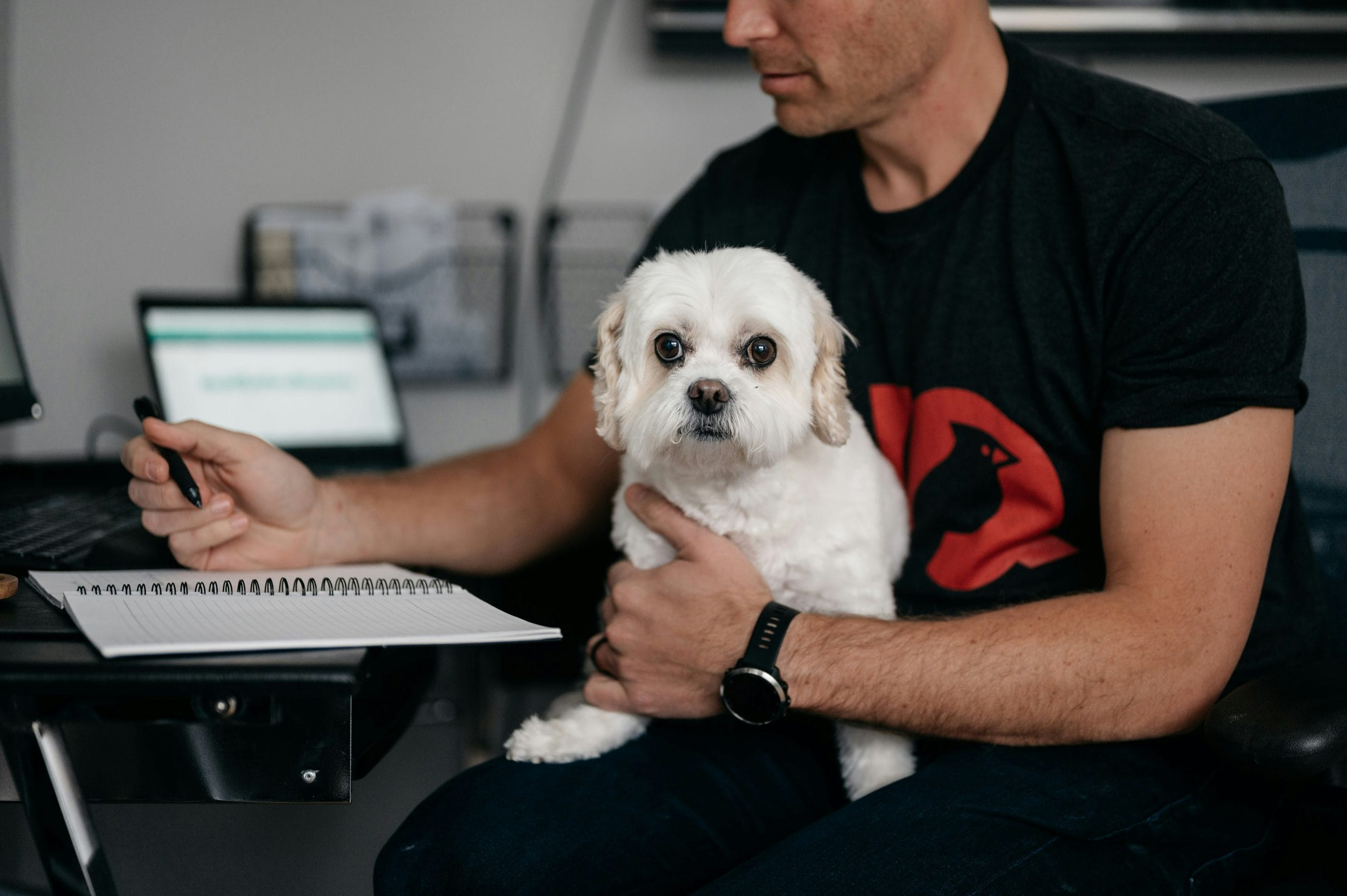
Finding Balance: Wellbeing and Burnout Prevention in Animal Health
The animal health industry stands at a critical juncture. With increasing demands for food security, pharmaceutical innovation, and sustainable production, professionals across the sector face mounting pressure. While conversations about workplace wellbeing often center on veterinary practice, the challenges extend far beyond the clinic doors.
In recent years, pharmaceutical researchers at major animal health companies have reported unprecedented stress levels. The push for rapid vaccine development, coupled with complex regulatory requirements, creates an environment where burnout flourishes. A senior scientist at a leading animal health company recently shared, “The pressure to deliver breakthrough solutions while maintaining compliance standards can feel overwhelming. It’s not just about the science anymore.”
The feed and nutrition sector tells a similar story. Production facilities operate around the clock, with staff navigating everything from supply chain disruptions to evolving safety regulations. Modern feed mills exemplify this complexity – while technological advances have streamlined many processes, they’ve also raised expectations for output and precision.
Aquaculture professionals face their own unique challenges. Working in remote locations, often in harsh conditions, they must maintain constant vigilance over water quality, fish health, and environmental impacts. The isolation and intensity of the work can take a significant toll on mental health. As one aquaculture site manager notes, “When you’re responsible for thousands of fish in a sensitive ecosystem, you never really switch off.”
The monogastric sector demonstrates how production pressures intersect with welfare responsibilities. Staff in pig and poultry operations must balance efficiency targets with increasingly stringent animal welfare standards. This dual responsibility, combined with biosecurity protocols and environmental compliance, creates a complex stress matrix.
So how do we address these challenges? Forward-thinking companies are implementing comprehensive wellbeing programs that recognize the diverse nature of animal health work. These programs move beyond generic stress management to address industry-specific challenges.
In pharmaceutical research, companies are introducing flexible laboratory schedules and dedicated project decompression periods. This allows research teams to maintain innovation momentum while preventing burnout. Some organizations have established mentor networks where experienced researchers guide newer team members through the complexities of animal health product development.
Feed production facilities are exploring compressed work weeks and advanced automation systems. These changes help staff maintain work-life balance while meeting production demands. Additionally, companies are investing in professional development programs that help employees adapt to technological changes without feeling overwhelmed.
The aquaculture sector has embraced remote monitoring technology, reducing the need for constant on-site presence. Companies are also implementing rotation systems that ensure staff have adequate time away from isolated locations. Mental health support programs specifically designed for remote workers have shown promising results in reducing burnout.
Looking ahead, the animal health industry must continue evolving its approach to workplace wellbeing. Emerging technologies offer new possibilities for reducing workplace stress – from AI-assisted monitoring systems to automated compliance tools. However, technology alone cannot solve the burnout challenge.
Success requires a cultural shift that acknowledges the essential role of every animal health professional in maintaining food security and animal welfare. Organizations must create environments where employees feel valued, supported, and equipped to handle industry challenges.
The future of animal health depends not just on scientific innovation or production efficiency, but on the wellbeing of the people who drive the industry forward. By addressing burnout proactively and holistically, we can build a more sustainable and resilient animal health sector.
As we move forward, let’s remember that workplace wellbeing isn’t a luxury – it’s a necessity for maintaining the high standards our industry demands. Whether in a laboratory, feed mill, aquaculture facility, or production unit, every animal health professional deserves support in managing the unique challenges of their role.
The path to better workplace wellbeing starts with recognition of these challenges and commitment to meaningful change. Through continued innovation in workplace practices, investment in support systems, and adaptation to emerging industry demands, we can create an environment where animal health professionals thrive alongside the industries they serve.
Shannon Wood, Managing Director S8 Expert Recruitment Solutions. I have nearly 20 years recruitment experience specialising in the animal health industry across the ANZ region. Areas of expertise include sales and marketing, technical roles (Quality Assurance, Quality Control & Regulatory Affairs) and operational & financial positions. I work extensively in the veterinary, ruminant, monogastric, aquaculture and the pet specialty industries.




